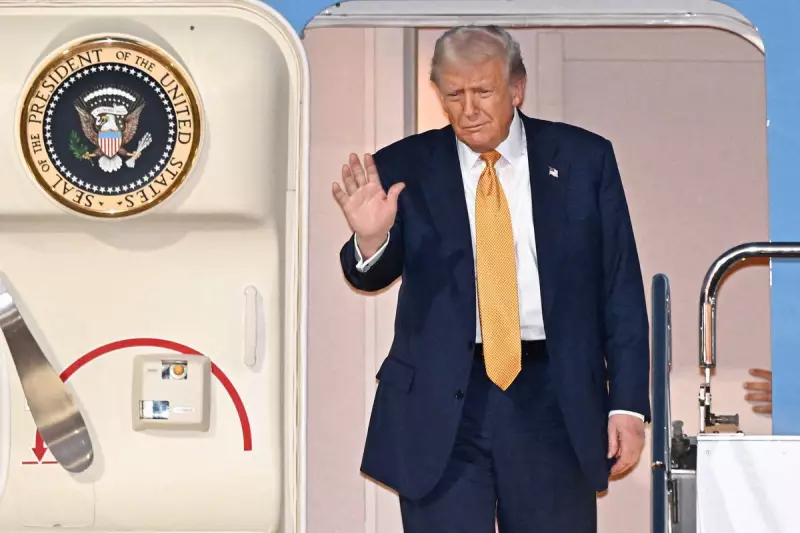
Former US President Donald Trump has set political circles ablaze with controversial remarks suggesting he might seek an unprecedented third term in the White House, raising serious questions about constitutional boundaries and democratic norms.
Gala Comments Spark Outrage
During a high-profile New York gala, the Republican frontrunner told wealthy donors that he could potentially serve three presidential terms, citing what he described as "unprecedented cheating" during the 2020 election. These comments immediately drew sharp criticism from across the political spectrum.
Constitutional Constraints
The Twenty-Second Amendment of the US Constitution explicitly limits presidents to two elected terms. Legal experts were quick to point out that Trump's suggestion would require a constitutional amendment - a process requiring two-thirds support in both congressional chambers and ratification by three-quarters of state legislatures.
Historical Context
The two-term limit became constitutional law in 1951, largely in response to Franklin D. Roosevelt's four-term presidency. Since then, no president has seriously challenged this fundamental democratic principle until now.
Political Fallout
President Joe Biden's campaign swiftly seized on Trump's comments, releasing an advertisement highlighting what they called "Trump's thirst for power." The Biden team warned that Trump represents an existential threat to American democracy and its founding principles.
Campaign Response
Trump's campaign spokesperson attempted to walk back the comments, suggesting the former president was "joking" and simply emphasising his commitment to completing the job he started in 2017. However, critics remain unconvinced, noting this isn't the first time Trump has floated extending his presidential tenure.
Broader Implications
This incident comes amid growing concerns about democratic norms and the peaceful transfer of power. Political analysts suggest these comments could influence moderate voters concerned about constitutional stability and the future of American democracy.
As the 2024 election approaches, Trump's third-term speculation adds another layer of controversy to an already heated political landscape, ensuring constitutional limits and democratic principles remain at the forefront of national discourse.





